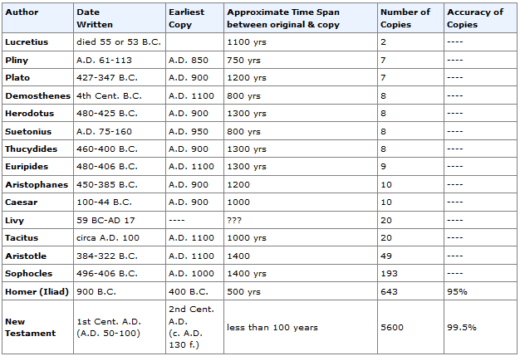

It is the diminutive of βύβλος byblos, "Egyptian papyrus", possibly so called from the name of the Phoenician sea port Byblos (also known as Gebal) from whence Egyptian papyrus was exported to Greece. The word βιβλίον itself had the literal meaning of " scroll" and came to be used as the ordinary word for "book". The English word Bible is derived from Koinē Greek: τὰ βιβλία, romanized: ta biblia, meaning "the books" (singular βιβλίον, biblion). The term "Bible" can refer to the Hebrew Bible or the Christian Bible, which contains both the Old and New Testaments. The Bible is currently translated or is being translated into about half of the world's languages. The study of it through biblical criticism has indirectly impacted culture and history as well. It has had a profound influence both on Western culture and history and on cultures around the globe.

With estimated total sales of over five billion copies, the Bible is the best-selling publication of all time. The gospels, Pauline epistles, and other texts quickly coalesced into the New Testament. The early Church continued the Jewish tradition of writing and incorporating what it saw as inspired, authoritative religious books. The Septuagint is a Koine Greek translation of the Tanakh from the third and second centuries BC it largely overlaps with the Hebrew Bible.Ĭhristianity began as an outgrowth of Second Temple Judaism, using the Septuagint as the basis of the Old Testament. The Masoretic Text is the medieval version of the Tanakh, in Hebrew and Aramaic, that is considered the authoritative text of the Hebrew Bible by modern Rabbinic Judaism. " Tanakh" is an alternate term for the Hebrew Bible composed of the first letters of those three parts of the Hebrew scriptures: the Torah ("Teaching"), the Nevi'im ("Prophets"), and the Ketuvim ("Writings"). It is called the Torah in Hebrew and the Pentateuch (meaning five books) in Greek the second oldest part was a collection of narrative histories and prophecies (the Nevi'im) the third collection (the Ketuvim) contains psalms, proverbs, and narrative histories. The earliest contained the first five books of the Bible. The religious texts were compiled by different religious communities into various official collections. Believers in the Bible generally consider it to be a product of divine inspiration, but the way they understand what that means and interpret the text varies. The collection of materials that are accepted as part of the Bible by a particular religious tradition or community is called a biblical canon. These texts include instructions, stories, poetry, and prophecies, and other genres.

The Bible is an anthology, a compilation of texts of a variety of forms, originally written in Hebrew, Aramaic, and Koine Greek. The Bible (from Koine Greek τὰ βιβλία, tà biblía, 'the books') is a collection of religious texts or scriptures, some, all of which, or a variant of which, are held to be sacred in Christianity, Judaism, Samaritanism, Islam, Baha'i'ism and many other religions.


 0 kommentar(er)
0 kommentar(er)
